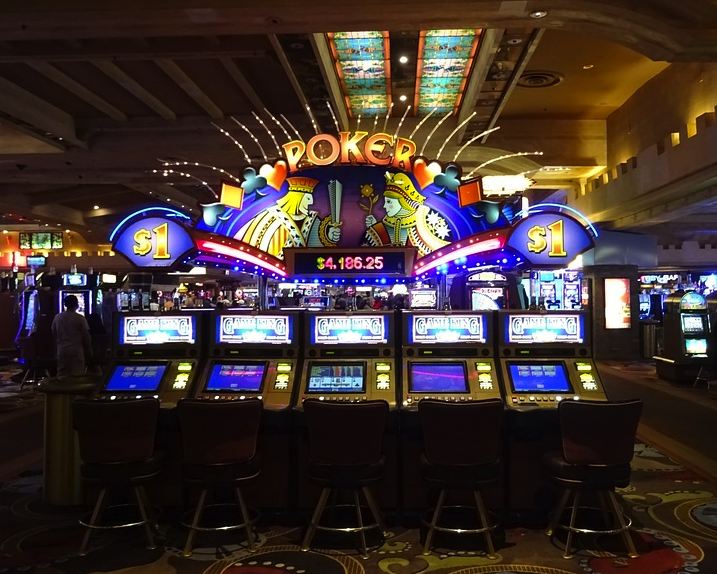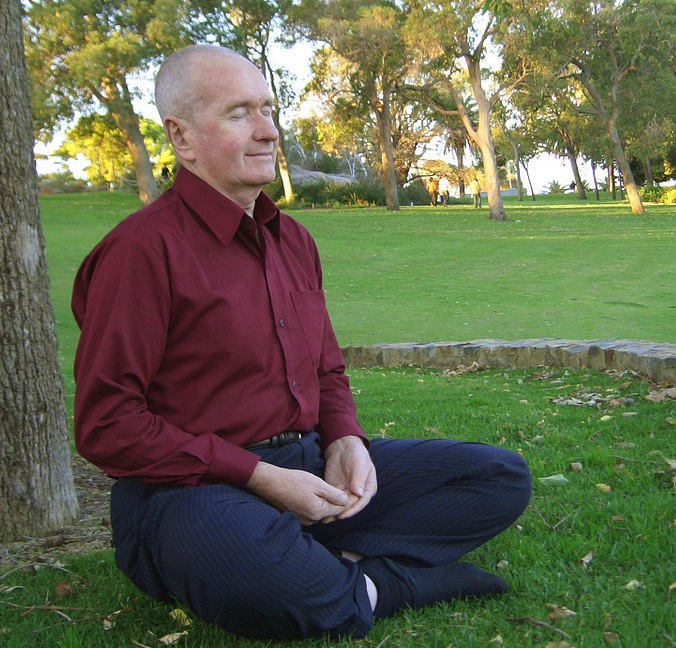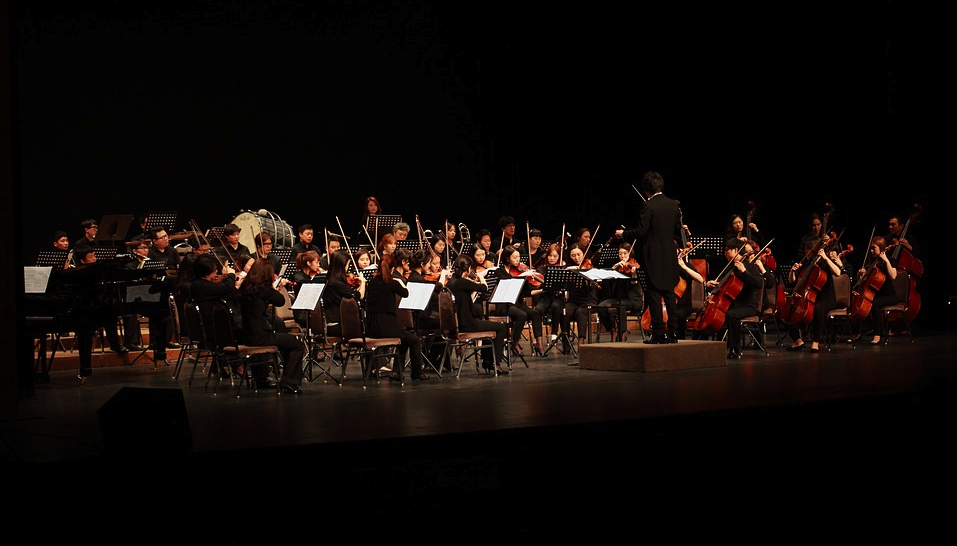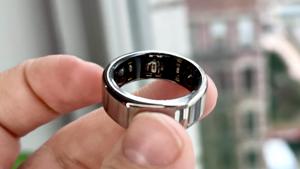This chapter is about how a system works in our body and how it can work against us. The system that Dr. Joe Dispenza goes into is called the autonomic nervous system.
The way I understand it, in our bodies we've got this stop or go system called the autonomic system.
The way it works is it either is revved up for action or is slowing down for rest. So to use a car metaphor, sometimes we're going as in stepping on the gas in order to mobilize, get resources and have energy. This is called the sympathetic response.
The opposite acts like the brakes and is called the parasympathetic response. This is when the body slows down to take time to rest and digest. When we're functioning properly, this system takes care of us pretty good but it has it's off moments.

Let's say you were driving and in the rear-view mirror was a police car with the lights flashing and siren blaring. It's going to cause your pulse to quicken. Your body would likely begin going into panic mode even if you've got your driver's license, your sticker, insurance, permit, ownership, diplomatic immunity and you're the chief of police. It'll still evoke from you an automatic stress response that makes you feel like running away. That's a sympathetic response giving you energy to run, fight, defend yourself, and get out of danger.
This happens automatically and that's mostly a good thing!
 A loud casino will be more profitable than a quiet casino since the loud one will activate this sympathetic response. Obviously ur perception to things can affect our nervous system. The challenge is that sometimes we can be in this state of arousal for too long. This is like being in survival mode after the perceived threat vacated. Like anything in excess, being in this state at length can be a problem. It would be like only using the gas pedal with only brick walls and running out of gas to slow you down.
A loud casino will be more profitable than a quiet casino since the loud one will activate this sympathetic response. Obviously ur perception to things can affect our nervous system. The challenge is that sometimes we can be in this state of arousal for too long. This is like being in survival mode after the perceived threat vacated. Like anything in excess, being in this state at length can be a problem. It would be like only using the gas pedal with only brick walls and running out of gas to slow you down.On the flip side, our body has something called the parasympathetic response and this is where things get toned down.
This is a function where the body gets to rest, digest, repair and heal itself.
 This is mostly a nighttime response. Life is good when we've got homeostasis and our body is in balance. If systems are working with reasonable health, then we'll have the sympathetic response to deal with the challenges of the day and at night we've got that parasympathetic response to unwind, relax and repair through the night.
This is mostly a nighttime response. Life is good when we've got homeostasis and our body is in balance. If systems are working with reasonable health, then we'll have the sympathetic response to deal with the challenges of the day and at night we've got that parasympathetic response to unwind, relax and repair through the night.To help remember - sympathetic is for stress and parasympathetic is for peace. When we're functioning normally we have homeostasis, a healthy balance.
This system works great but since we have a prefrontal cortex, sometimes we'll generate stress just with our thoughts. We could be in a safe environment but could be thinking about a past argument or worrying about the future which triggers survival mode. When we turn on stress and can't turn it off, we're headed for some type of breakdown in the body. Dr Joe Dispenza writes that, to our detriment we can turn short-term stressful situations into long-term ones.
This is when regulation turns into dysregulation. In other words we can start creating illnesses from that stress even though our bodies are doing what they've been programmed or conditioned to do. Over time prolonged stress contributes to high blood pressure, promotes the formation of artery-clogging deposits and causes brain changes that can contribute to anxiety, depression and addiction.
Let's say we're staying in this sympathetic response or fight/flight mode and using up vital energy that should be going towards our immune, digestive and endocrine systems among others.  There isn't some kind of tiger chasing us and so to continue living in this state of survival and threat response is a bad thing. This is where Joe Dispenza says 'from a psychological perspective overproduction of stress hormones creates the human emotions of anger, fear, envy and hatred incites feelings of aggression frustration, anxiety and insecurity and causes us to experience pain, suffering, sadness, hopelessness and depression.'
There isn't some kind of tiger chasing us and so to continue living in this state of survival and threat response is a bad thing. This is where Joe Dispenza says 'from a psychological perspective overproduction of stress hormones creates the human emotions of anger, fear, envy and hatred incites feelings of aggression frustration, anxiety and insecurity and causes us to experience pain, suffering, sadness, hopelessness and depression.'
And it is for this reason why he says that most people spend the majority of their time preoccupied with negative thoughts and feelings and that under stress we're focusing mostly on three things.
Stress causes us to focus on our bodies, the environment or time and then as a result we begin to define ourselves within the confines of this physical realm.
We become less spiritual, less conscious, less aware and less mindful. This can lead us to becoming more materialist which is becoming habitually consumed by thoughts of things in the external environment as our identity ends up becoming wrapped up in our bodies.
We become absorbed by the outer world because of those chemicals that force us to pay attention to things, places to go, problems that we face, our body parts, weight, our looks in comparison to others and so on. This competitive mindset of living in survival causes us to focus on that point zero zero zero zero one percent instead of the 99.99999% of reality.
Most of us embrace the traditional notion of ourselves as being a somebody and adopting an identity.

I'm a father, I'm a mother, I'm a daughter I'm an employee. I'm an entrepreneur, doctor, dentist, accountant etc.
When we become this somebody, this materialistic physical self living in survival, it's easy to become swept up and forget who we truly are and become disconnected and feel separate from the universal field of intelligence.
But who we really are has nothing to do with the big three.
Who you are is a consciousness connected to a quantum field of intelligence. In other words we are more than our bodies, more than time, more than the environment.
The more we live impacted by these stress hormones, the more our chemical rushes becomes our identity. Then we just limit ourselves to perceiving only with our own physical senses. The problem is that the more we use our senses to define our reality, the more we allow our senses to determine our reality.
When we slip into that Newtonian mode of thinking, which locks us into trying to predict the future based on the past, then we're just trying to control our reality instead of surrendering to something that can be greater. If we just keep doing that old way then all we're doing is programming ourselves to maintain survival.
This is where Dr. Joe Dispenza asks, if the quantum model of reality ultimately defines everything as energy, why do we experience ourselves more as physical beings than of as being energy?
He suggests that survival oriented emotions, are lower frequency. They vibrate at a slower wavelength and therefore ground us into being physical. We become dense because that energy vibrates more slowly.
The body becomes composed of more mass and less energy. In his book he shows a chart with the higher frequency waves at the top vibrating very fast whereas the waves on the bottom are going slower. Slower because it's closer to matter. High energy states or emotions e.g. love are at the top and the ones at the bottom are the survival emotions such as guilt, shame, fear, doubt, lust, competition.
To break the habit of being ourselves. it would make sense to inhibit our more primitive survival emotions to break our addiction to them. Then our energy will be higher in frequency and less likely to root us to the body.
We can become free from our body when the body has become the mind into the quantum field. So the more elevated that our emotions become, the more we can naturally ascend to a higher level of consciousness, source, universal intelligence.
So with that understanding, it would be a benefit to be in higher states of being more often.
Since we are able to feel love, even if there was nobody to love, even if nobody loved us, and thoughts can make us sick couldn't they also make us well?
Dr. Joe Dispenza gives an example of a person named Bill who was a roofing contractor. He had a lesion that appeared on his face and the dermatologist had diagnosed it as a malignant melanoma.
 He went for surgery, radiation and chemotherapy but the cancer recurred in his neck and then on his calf. Bill kept saying 'why me' and he kept stressing about it. He had memorized the emotional response pattern of bitterness that had dominated his personality and had become his unconscious program. Bill went on holidays and began to meditate on the idea of what it would be like to step out of his body.
He went for surgery, radiation and chemotherapy but the cancer recurred in his neck and then on his calf. Bill kept saying 'why me' and he kept stressing about it. He had memorized the emotional response pattern of bitterness that had dominated his personality and had become his unconscious program. Bill went on holidays and began to meditate on the idea of what it would be like to step out of his body.
He became a quantum observer of his thoughts and feelings. He became conscious of his unconscious mind and he did this for a few weeks. He was practicing relaxing and engaging more of that parasympathetic response.
After a while he noticed that the tumor on his calf had fallen off. A week or so later he went to the doctor and he was cancer free and has remained that way.
The idea is that Bill was firing his brain in new ways and that he changed biologically and chemically from his previous self. As a result he signalled new genes. New internal chemistry fired and Bill went from survival mode to experiencing more of that creation mindset.
After this Dr. Joe Dispenza says in order to change your body to foster better health, a better job, better relationship or towards a better future, it requires becoming no body, no thing, and no time.
This is about no longer identifying with stuff so that you can be free dude!
Dispenza talks about the frontal lobe in the brain which he calls the domain of creation and change.
With the frontal lobe it basically has three functions for becoming a better version of yourself.
First is meta-cognition. Becoming self-aware is needed to inhibit unwanted states of mind and body. If you want to create a new self you have to stop being that old self. In the process of creation, the first step is to become self-aware because with awareness comes choice. Since we have the ability to observe our own thoughts or in other words the ability to think about our thinking, our meta-cognitions allows us to scrutinize ourselves and then make a plan to modify our behaviors so we can produce more enlightened or desirable outcomes. We can plan where we'd prefer to be placing energy.
What is a better way to be easily improving your health?
 That's this cortex in this frontal lobe just focusing on one of the things that you value and by doing so it causes everything else to fade away. Dr. Joe Dispenza says, as it lowers the volume from other areas of the brain it shuts out distractions. The inner world of thought becomes as real as the outer world of reality. Your thoughts are captured neurologically and branded into your brains architecture as an experience.
That's this cortex in this frontal lobe just focusing on one of the things that you value and by doing so it causes everything else to fade away. Dr. Joe Dispenza says, as it lowers the volume from other areas of the brain it shuts out distractions. The inner world of thought becomes as real as the outer world of reality. Your thoughts are captured neurologically and branded into your brains architecture as an experience.
Goal Setting: The Key to Personal and Professional Success
The ability to set...
Everything to Know Before Buying an Oura Ring
The Oura Ring is a...
Top Audiobook Recommendations of Elon Musk.
Elon Musk replied...
Career Opportunities for People with Mild Autism: A Comprehensive Guide
Autism Spectrum...
How to Learn Better: A Review of “The Science of Rapid Skill Acquisition”
Learning is a...
How the Oura Ring Revolutionizes Sleep Tracking Compared to Other Fitness Trackers
In the...
A 15-Minute Hypnosis Script for Adults with Mild Autism: Cultivating Calm and Connection
Many adults on the...
Achieving Healthy Hair: Preventing Hair Loss and Promoting Hair Regrowth
Introduction:...
How CREB is Compared to a Mayor’s Office.
Imagine the brain...





















